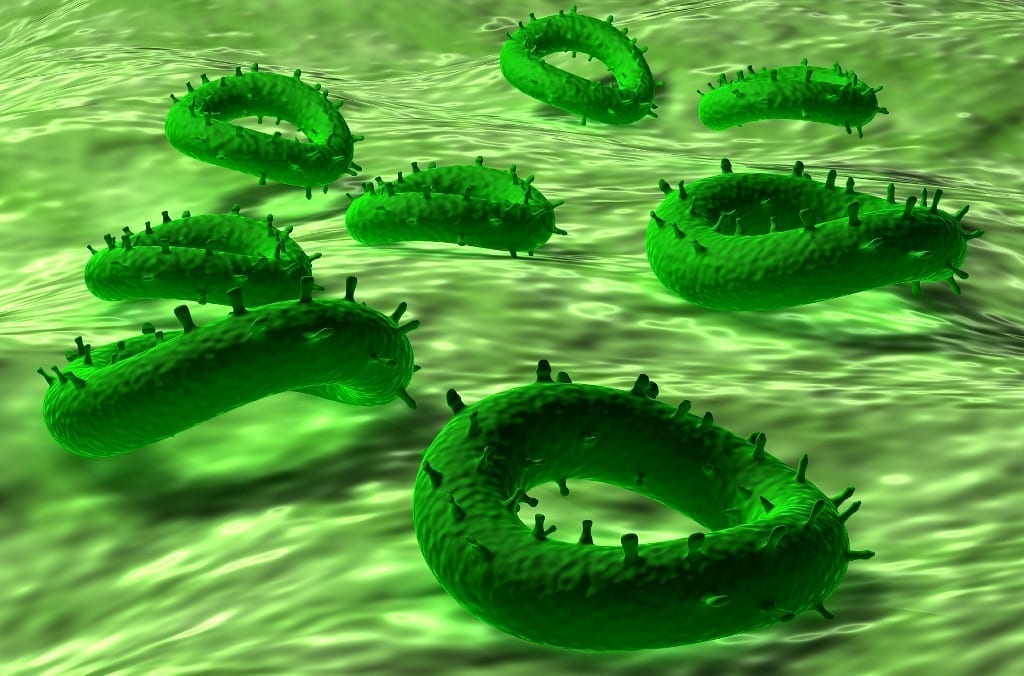Reovirus Infection Can Trigger Immune Response to Gluten
While celiac disease – an autoimmune disorder where the ingestion of gluten leads to damage of the small intestine – was previously thought to strictly be a genetic disease, researchers from the University of Chicago and University of Pittsburgh School of Medicine have been able to demonstrate how “a seemingly benign human virus can trigger an immune response against gluten when the protein is given to mice,” according to IFLScience.com
The mice in the study, published in Science, were infected with a common strain of reovirus and then fed small amounts of gliadin, a component of gluten. The infected mice showed up to three times more antibodies against the protein in the two days after they were fed the gliadin than those who were virus-free.
“This study clearly shows that a virus that is not clinically symptomatic can still do bad things to the immune system and set the stage for an autoimmune disorder, and for celiac disease in particular,” study senior author Bana Jabris said in a statement. “However, the specific virus and its genes, the interaction between the microbe and the host, and the health status of the host are all going to matter as well.”
“The study concludes that infection from a reovirus could be key in developing celiac disease, especially among babies,” Katy Evans wrote. Because babies’ immune systems are still developing when they are first exposed to solid food, the researchers believe that for babies already genetically predisposed to celiac disease, “the combination of being vulnerable to viruses coupled with their first exposure to gluten might cause a perfect storm to develop the disease.”














